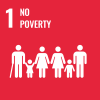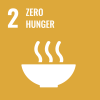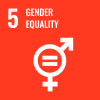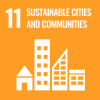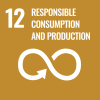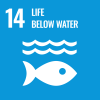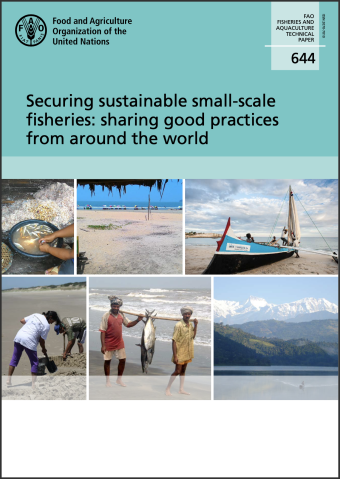
This document includes eight studies showcasing good practices in support of sustainable small-scale fisheries. FAO commissioned these studies aiming to share experiences and promote the implementation of the Voluntary Guidelines for Securing Sustainable Small-Scale Fisheries in the Context of Food Security and Poverty Eradication (SSF Guidelines). The case studies were also intended to promote participatory approaches – in line with the SSF Guidelines principles – and to promote increased interaction between research and fishing communities, including the use of traditional knowledge and participatory research. It is hoped that the case studies will inform policy and policy processes and, in this way, promote sustainable small-scale fisheries according to the SSF Guidelines and the human rights-based approach to development (HRBA).
The case studies constitute a rich selection of experiences and are diverse, not only with regard to their geographical setting but also in scope and approach. They span from looking at one specific tool for sharing experiences (the fisheries learning exchanges methodology in Madagascar and Mozambique) or examining the enabling environment in a specific thematic area (disaster risks in Bangladesh), to regional policy formulation on small-scale fisheries (the SSF Guidelines protocol for Caribbean policies) and reflection on how to use the SSF Guidelines in participatory processes (the Myanmar step-by-step approach to discussions with small-scale fisheries communities). A few of the papers look at co-management, in some cases combining fisheries management and social development (Senegal, Uruguay and Nepal), with one focusing on the role of small-scale fisheries and community organizations (India).

